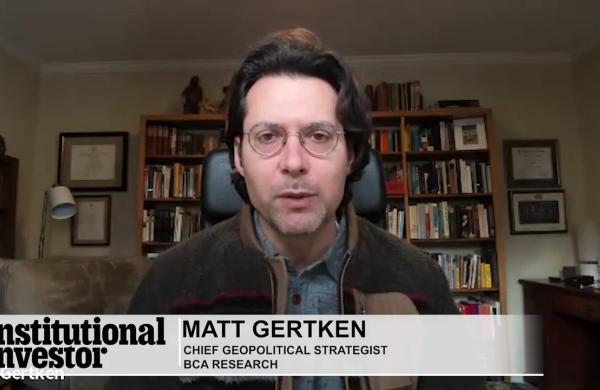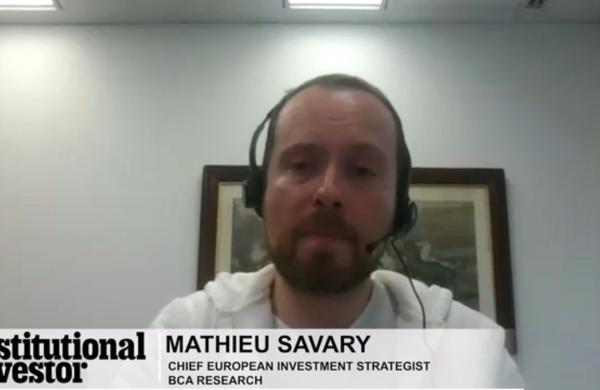For decades the fixed exchange rate between Gulf currencies, led by the Saudi riyal, and the U.S. dollar has been one of the surest bets in global markets. The arrangement is a financial quid pro quo for the defense guarantees that Washington provides to the House of Saud and its oil-rich neighbors. But mounting inflation pressures in the region are spurring calls to abandon the peg and fueling market speculation that a potentially momentous change could be in the works.
Talk of currency reform has spread across the region since Kuwait shifted its peg from the dollar to a basket of currencies in May 2007. The dollar’s decline over the following year has intensified the debate in the other Gulf Cooperation Council countries: Saudi Arabia, the United Arab Emirates, Oman, Qatar and Bahrain. Economists say the dollar peg is at least partly to blame for inflation rates that have surpassed 10 percent in all GCC states except Bahrain. The dollar’s decline raises the prices of imports from Europe and Asia, and the fixed-exchange-rate policy prevents Gulf nations from using monetary policy to quell inflation. Gulf central banks have been obliged to follow U.S. monetary policy and cut interest rates though their economies are booming.
In July the U.A.E.’s Department of Planning and Economy urged Gulf nations to rethink their monetary policies and peg their currencies to a basket of world currencies, and Waleed Hashim, a member of Saudi Arabia’s consultative council, the Majlis al-Shura, called for the government to revalue the riyal, which is fixed at 3.75 to the dollar, as a way to fight inflation.
The International Monetary Fund added its voice to the debate in August, saying in its latest report on the Saudi economy that although the peg’s benefits probably outweigh its costs, the kingdom should consider a change in policy if inflation persists or if plans for a single GCC currency are delayed. The Saudis have been pushing for Gulf countries to adopt a common currency by 2010, but few observers believe the GCC will meet that target because of economic tensions and political differences.
Saudi Arabian Monetary Agency governor Hamad Al-Sayari has ruled out any possibility of revaluing the riyal or abandoning the peg to the dollar. He blames inflation — which rose to a 30-year high of 11.1 percent in July — on higher global food and commodity prices and on the accelerated pace of public and private sector spending on projects, which is stoking demand for real estate and services.
Official resistance like Al-Sayari’s has failed to diminish calls for a policy shift, though. In a July report, Jens Nordvig, a senior global markets economist at Goldman, Sachs & Co. in New York, urged the GCC countries to move to a currency basket and to take other measures to develop the region’s capital markets. “From an economic perspective the arguments in favor of moving to a more flexible system are very strong,” especially in helping to counter inflation, he contends. Absent a change, Goldman economists expect inflation to rise in all GCC countries next year, Nordvig adds.
Simon Williams, Dubai-based senior regional economist at HSBC Holdings, says, “I don’t think currency reform will make the inflation problem go away overnight, but it will be a positive initial step.” Although policymakers are “strongly minded to maintain the status quo,” Williams believes the logic of ending the dollar peg will eventually prevail. “Our chances of seeing reform in five years are high,” he asserts. “As part of the Gulf’s coming-of-age as an economy, these nations will move to something that better serves economies that are growing as quickly and dynamically as theirs are.”
The dollar’s recent rally has taken some of the urgency out of the debate, but Goldman’s Nordvig maintains that the greenback’s rebound could, ironically, facilitate a change in monetary regime.
“The U.S. administration was not very keen on these countries’ moving away from their dollar pegs, because that could be seen as a further catalyst for dollar weakness,” he notes. “This dollar rally potentially gives a window of opportunity where a shift would be less problematic than before.”





